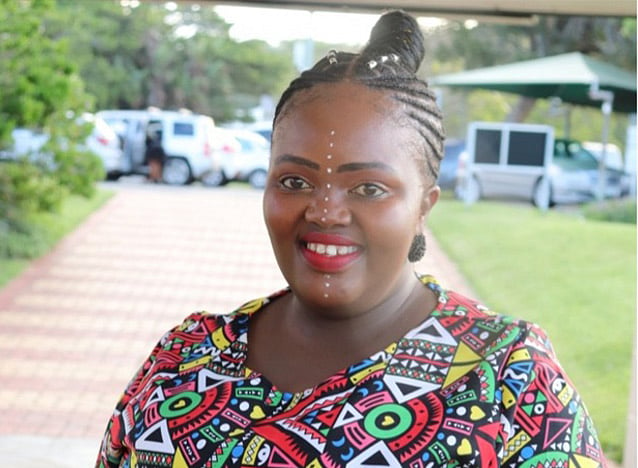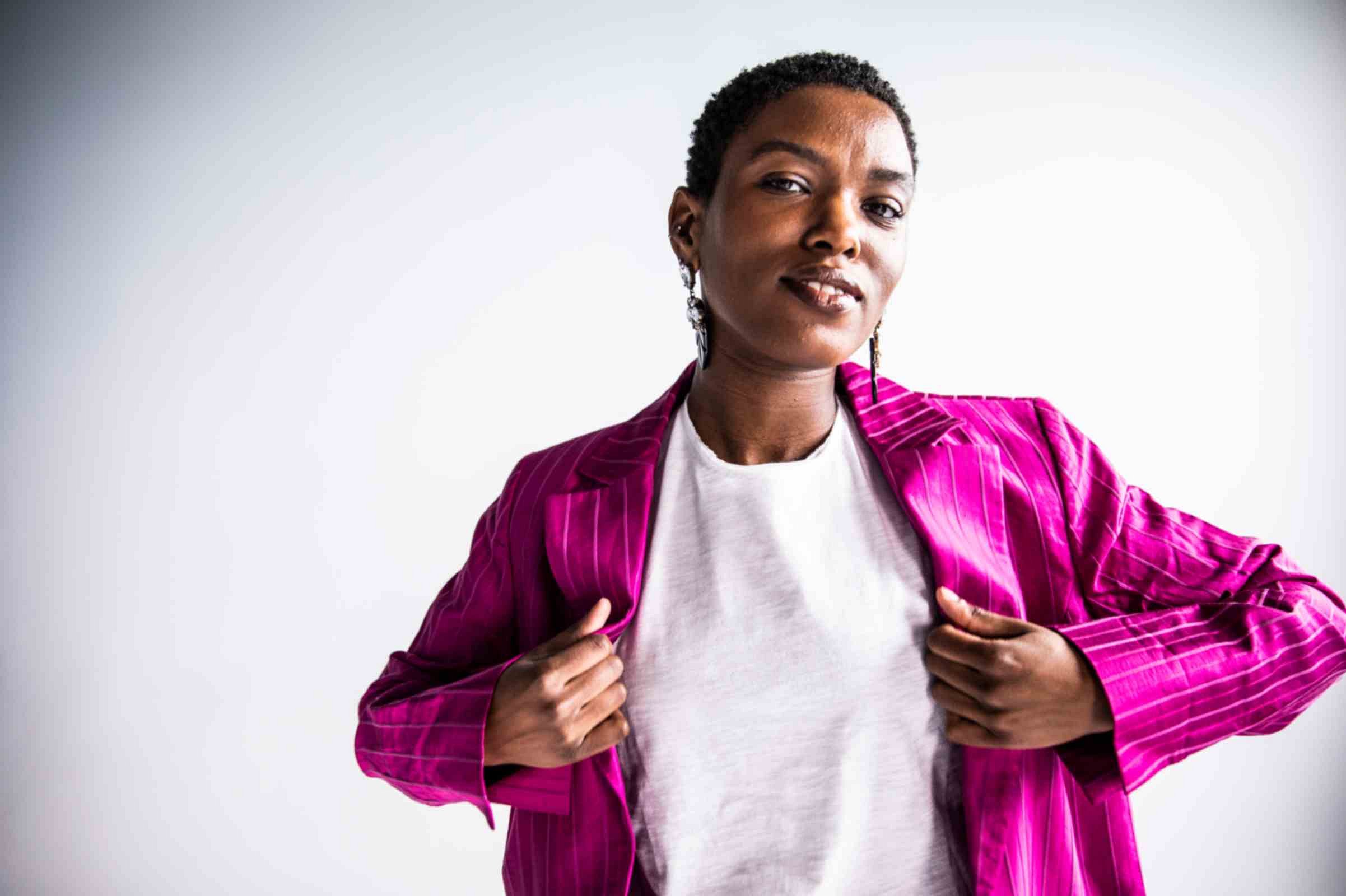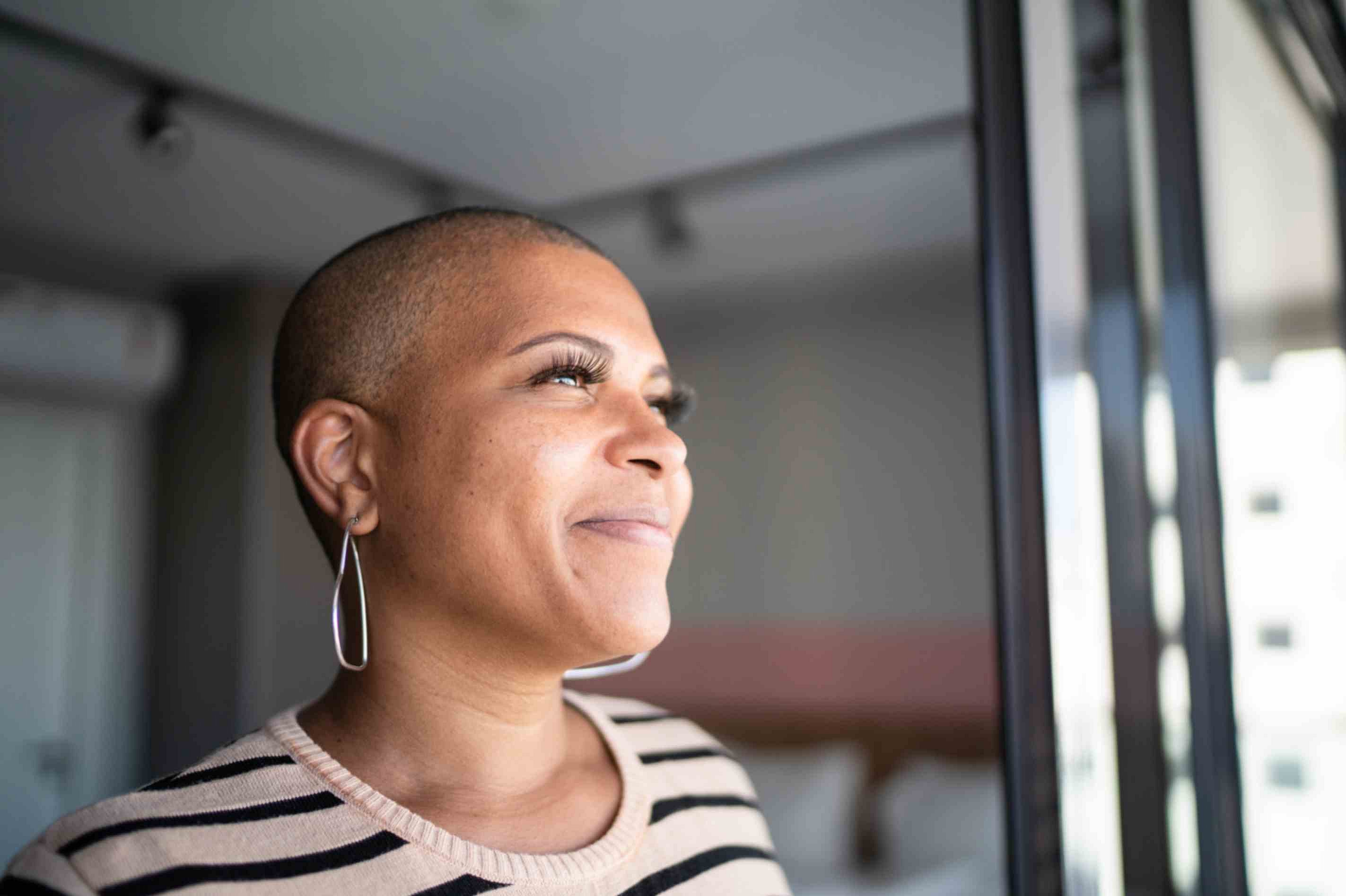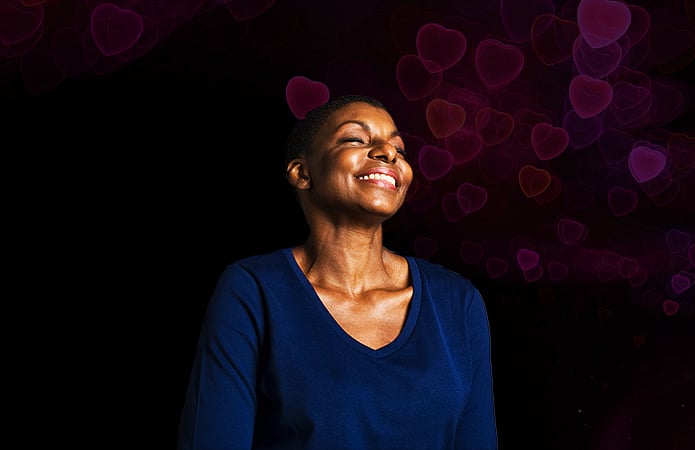
A 2021st for Women: Masimbulele Buso
The murder of UCT student, Uyinene Mrwetyana, in August 2019 by post office worker Luyanda Botha was yet another heinous crime that left South Africans in disbelief. Even though the country was outraged and Botha was given three life sentences for raping, strangling and bludgeoning 19 year old Uyinene to death, very little has changed to protect our women and children from predators like him. But it’s thanks to activists like Masimbulele Buso, counselling psychologist and Managing Director of the Uyinene Mrwetyana Foundation that the fight against Gender Based Violence goes on. Masimbulele tells media personality Uveka Rangappa how they work every day to make sure Uyinene did not die in vain..
It takes a really strong person to do what you do which is look after the wellbeing and calm the fears of our youth, in particular young women, in these dangerous and unpredictable times. But what was YOUR 1st Fearless moment?
My first Fearless moment was when I left my parent’s house for university. For the first time, I was confronted by the realities of the world, especially as a woman. It was the first time I felt unsafe. For the rest of my adulthood, like majority of women living in South Africa, I have had to unconsciously navigate life in fear. I overcome this fear by immersing myself in the GBV space and making a difference in the communities I come from.
How does your work at the Foundation ensure that Uyinene didn’t die in vain?
It was important to us that we turn this tragedy into something positive and healing. The Uyinene Mrwetyana Foundation was founded in celebration of the life of Uyinene. The family wanted to continue her legacy and the fight against GBV. Our mandate is to promote her lifelong vision of fighting all forms of injustice against women. Our vision is to see a society that is free of gender- based violence. The existence of the foundation is also a form of resistance, a form of activism and a civic movement. We refuse to lose hope!
What are the stories our young women and men are telling you?
We hear many different stories – especially stories of survival. Often, people are looking for a safe space to share. We also come across women who want to leave an abusive relationship.. In these cases, we assist them with exit plans that include emergency contact numbers, available shelters, relatives and friends who can help.
What do you tell young people about not letting fear take over their lives but at the same time keeping themselves safe?
I think a lot of women in South Africa see themselves as the “1 in 3 women” statistic. There's nothing we can do to allay their fear because from childhood, we are taught that the world is a dangerous place. However, we try and equip women with tools to navigate society. We also focus on working with men to take responsibility for the privilege that patriarchy allows them. We want more male-centred interventions, where men can talk to each other and lead conversations that are focused on unlearning norms, beliefs , and attitudes that contribute to the oppression of women.
The crimes against women and children seem to be getting more “angry” and violent. What is this telling us about society?
The increase in violent crimes against women communicates firstly that our society is built on patriarchy that continues to oppress women, and GBV is used a a tool to perpetuate and continue patriarchy. The more we challenge patriarchy the more violent and heinous these crimes seem to be. Secondly, our political history has taught us to use violence as a form of communication and as a form of discipline.
What do you think it will take to see a change or make a difference?
Firstly, our policymakers and decision makers need to put the necessary policies and laws in place. As civil society we need to continue challenging the patriarchal norms and beliefs. It is important that we raise children differently. Boy children need to know that there is a different way to be a man, a positive way to be masculine. GBV is a multifaceted issue that requires all role players to have their hands on deck. Our victory is in our unity.
What is Masimbulele Buso’s mission when it comes to GBV?
My mission is to educate and develop young people . It is important that we develop youth to be socially responsible leaders in their communities . This will in turn equip them to be the change they want to see.

We Have Great
Insurance Products
At 1st for Women we know that each
woman is an individual who has
different needs.
More Content
Most popular

Insurance
How to Submit an Insurance Claim with First for Women?

Insurance
Your Car Insurance Claim Can Be Rejected if You Do These 10 Things




